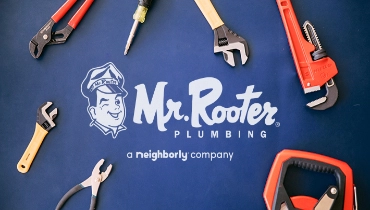Also referred to as Cured-In-Place Pipelining, or CIPP, pipe relining is a technique for fixing your pipelines that allows you to
Learn moreOur Montgomery County Plumbing Blog
Shared Resources for Your Home Needs
All Blogs
Anyone with dogs knows that pet hair gets everywhere! And when you bathe your dog in your bath or shower, all that pet hair goes d
Learn moreIf you live in The Woodlands, TX, and plan to have guests over the holidays, then you may want to have your plumbing checked! Cons
Learn moreYou want your bathroom to smell fresh and clean whenever you use it. However, it may not always smell the way you want it to. Some
Learn moreThere are many reasons why you're plumbing system can have low water pressure. While water pressure issues tend to manifest in dif
Learn moreHigh utility bills can be frustrating, but they can be even more irritating when you have no idea what is causing them to increase
Learn moreBlog Categories
Let Us Call You
Blog Categories
About Mr. Rooter Plumbing

Since the original Mr. Rooter was founded in 1970, the company has remained committed to a set of core values that are rooted in performing quality work at honest prices. Nearly half a century later, the original Mr. Rooter business is still servicing homes and businesses in and around Oklahoma City. It’s still independently owned and operated with strong ties to the community that made it all possible.
